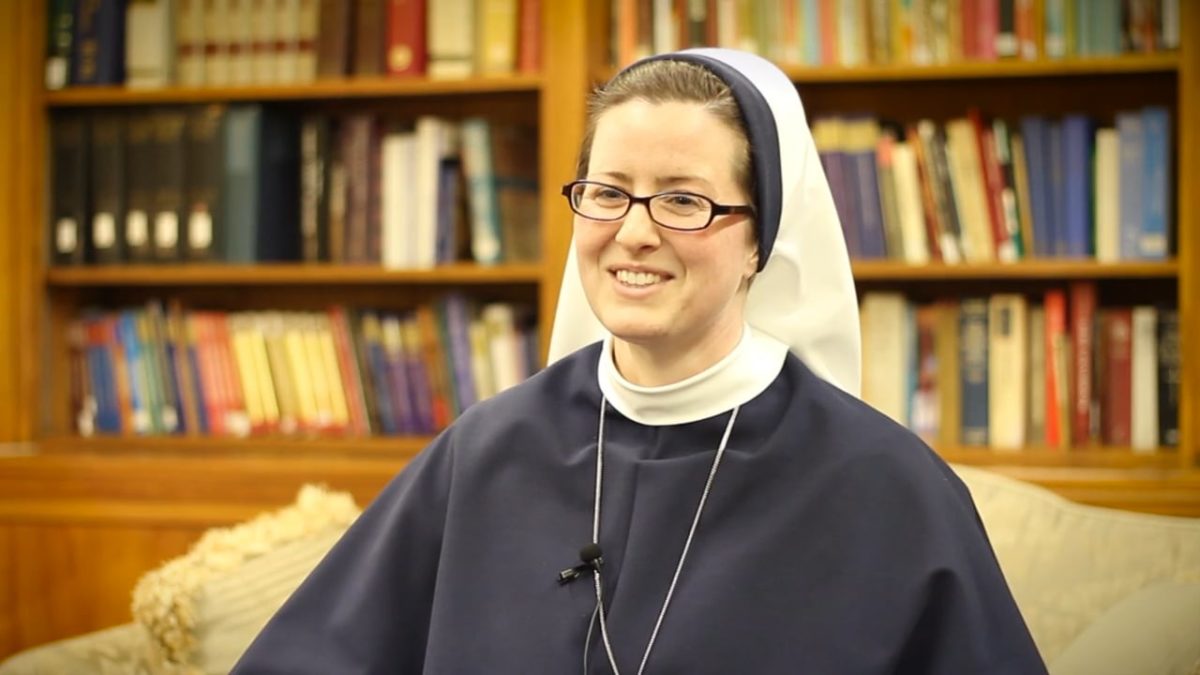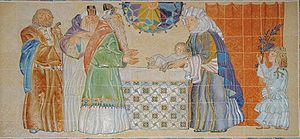I read this great article about the role of women in the Catholic Church and how women not being ordained priests should not be equated with having a lesser status or role within the Church. From the Catholic News Agency, Ana Cristina Villa, a consecrated laywoman with the Marian Community of Reconciliation, writes:
“I think that is a big distortion for the vocation of women, because women are obviously not the clergy,” she said, explaining that “when you get into this discussion about women in the Church you have to understand that there is a wider context.”
In her view, Catholic faithful need to grow in their understanding that, “according to their own vocation,” all “baptized are the Church and all baptized are called to feel the Church as their own and to contribute to the Church.”
When I read the CNA article, my mind immediately recalled this upcoming Sunday’s Gospel. We will be celebrating Jesus as King and yet the Gospel for Sunday focuses on His crucifixion. This highlights how people’s expectations of Christ the King did not match up with the reality — one of the suffering servant. They expected an earthly king with all the power that they envisioned. What they got, but many did not see, was someone infinitely more powerful; not bounded by worldly power but possessing salvational power.
The reason why the CNA article relates to this Sunday’s Gospel is that God created a special role for all of us in His Church. Just because women aren’t intended for the priesthood does not make them any less important. Jesus was not the worldly king people envisioned but that did not make Him any less powerful. When it comes to how we envision women’s role in the Church, we should not limit our thinking to titles and responsibilities. Otherwise, we fall into the same narrow-minded thinking as those who crucified Jesus for not meeting their pre-conceived notion of a king.
What I want to call your attention to is the importance of reading the Gospel daily and the Sunday Gospel a few days in advance. If I had not read this Sunday’s Gospel, I would have missed some of the deeper meaning in the article. By reading scripture and praying the rosary, I can put all the news and events in my life into a perspective that I otherwise might miss. If you don’t already pray the rosary and read scripture regularly, give it a try. Advent is right around the corner and it would be a good time to start.








